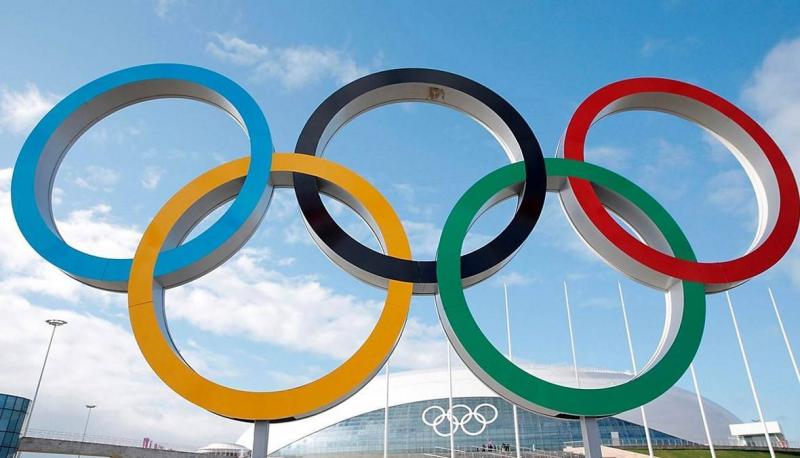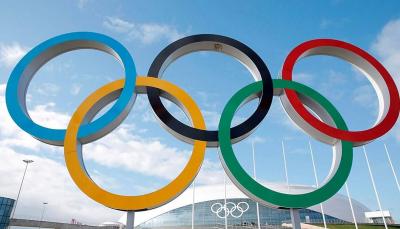The Olympic Games aim to help build a better and more peaceful world through sports. However, throughout the 128-year history of the Olympics, international competitions held every four years have faced several crises, leading to the cancellation of some and the boycott of participation by some countries. In certain editions, like the 1936 Berlin Olympics, countries (such as the United States and the United Kingdom) threatened to withdraw before deciding to participate. Both World Wars forced the cancellation of three Olympic Games in 1916, 1940, and 1944. Additionally, other countries were banned from participating for various reasons: Germany and Japan in 1948 due to their roles in World War II, South Africa due to apartheid, and Russia in 2020 due to a doping scandal. Nonetheless, countries formally boycotted the Olympics six times, with only three nations refusing to participate in 1964, and 65 countries remaining home in 1980. Below is a list of the countries that boycotted the Olympics along with their reasons:
1. **1956**
- **Host City:** Melbourne (Australia)
- **Boycotting Countries:** China, Egypt, Iraq, Lebanon, Netherlands, Spain, Switzerland
This was the first Olympic boycott during Australia's first hosting of the Games, with several countries withdrawing for various political reasons. Less than a month before the opening ceremony, the Soviet Union invaded Hungary to stop the Hungarian Revolution against the communist regime; in protest, the Netherlands, Spain, and Switzerland refused to participate. At the same time, the People's Republic of China also withdrew, and finally, Egypt, Iraq, and Lebanon boycotted the 1956 Olympics due to the Suez Crisis following the tripartite aggression against Egypt to control the waterway. Despite the boycott by other nations against the Soviet Union, Hungary participated in the Olympics, receiving support from fans, while Soviet athletes faced booing.
2. **1964**
- **Host City:** Tokyo (Japan)
- **Boycotting Countries:** China, North Korea, Indonesia
China, North Korea, and Indonesia decided to boycott the first Olympic Games held in an Asian country after the International Olympic Committee announced it would exclude athletes who competed in the new emerging athletics event held in Jakarta in 1963, which was established as a multinational amateur competition. The boycotting nations sent many of their best athletes to the Jakarta Games. This was also the first year South Africa was banned from the Olympics due to its apartheid system, a ban that lasted until 1992.
3. **1976**
- **Host City:** Montreal (Canada)
- **Boycotting Countries:** More than 20 countries, mostly African and Taiwan
When the national rugby team of New Zealand challenged the international sports ban against South Africa and toured the nation, which was practicing apartheid earlier that year, 28 African countries, primarily from the continent, announced a boycott of the Olympics, which permitted New Zealand's participation. Led by Tanzania, more than 400 athletes participated in the boycott, and separately, Taiwan withdrew from the Games when Canada refused to allow its team to compete under the Republic of China banner. This boycott resulted in the return of a total of $1 million Canadian from hotel and ticket revenues, and it particularly affected many athletics events, as countries like Kenya and Tanzania were frequent medal winners.
4. **1980**
- **Host City:** Moscow (Russia)
- **Boycotting Countries:** 65 countries, led by the United States
In protest against the Soviet invasion of Afghanistan on December 27, 1979, more than 60 countries, led by the United States and President Jimmy Carter, refused to participate in the Olympic Games held in Moscow. The boycott included Canada, Japan, China, West Germany, and most Islamic countries, while Afghan athletes specifically competed in the Games. Some countries allowed their athletes to compete as individuals under the Olympic flag, resulting in only 80 countries competing, the lowest number since 1956.
5. **1984**
- **Host City:** Los Angeles (United States)
- **Boycotting Countries:** 14 countries, led by the Soviet Union
In response to the U.S. boycott of the Moscow Games four years prior, 14 countries, led by the Soviet Union including East Germany, boycotted the Olympic Games held in Los Angeles, joined by most Eastern Bloc countries. Despite the boycott, 140 countries competed in this edition, a record Olympic number. With the Soviets out of competition, the United States easily won a large number of medals, including a record of 83 gold medals, while China recorded a total of 31 medals in its first Summer Games participation since 1952.
6. **1988**
- **Host City:** Seoul (South Korea)
- **Boycotting Countries:** Cuba, Ethiopia, Nicaragua, and North Korea
In 1988, North Korea refused to participate in the Olympics held in Seoul due to its anger over not being allowed to co-host the Games with South Korea. Meanwhile, the Soviet Union accepted the International Olympic Committee's invitation to participate in the Games along with China and Eastern Bloc countries, with only Cuba, Ethiopia, Nicaragua joining North Korea in the boycott. At that time, Cuban President Fidel Castro told NBC News, "Hosting the Olympic Games in Seoul would be like hosting them in the U.S.-occupied Guantanamo Bay. I wonder if socialist countries declined to go to the 1984 Los Angeles Games for security reasons, is there really more security in Seoul compared to Los Angeles." However, the boycotts did not prevent the 1988 edition from recording a new record number of participating countries (159) and athletes (8000), though the Seoul Games were marred by some scandals, including reports of forcing residents to leave their homes and detaining the homeless in facilities in preparation for the Games.




